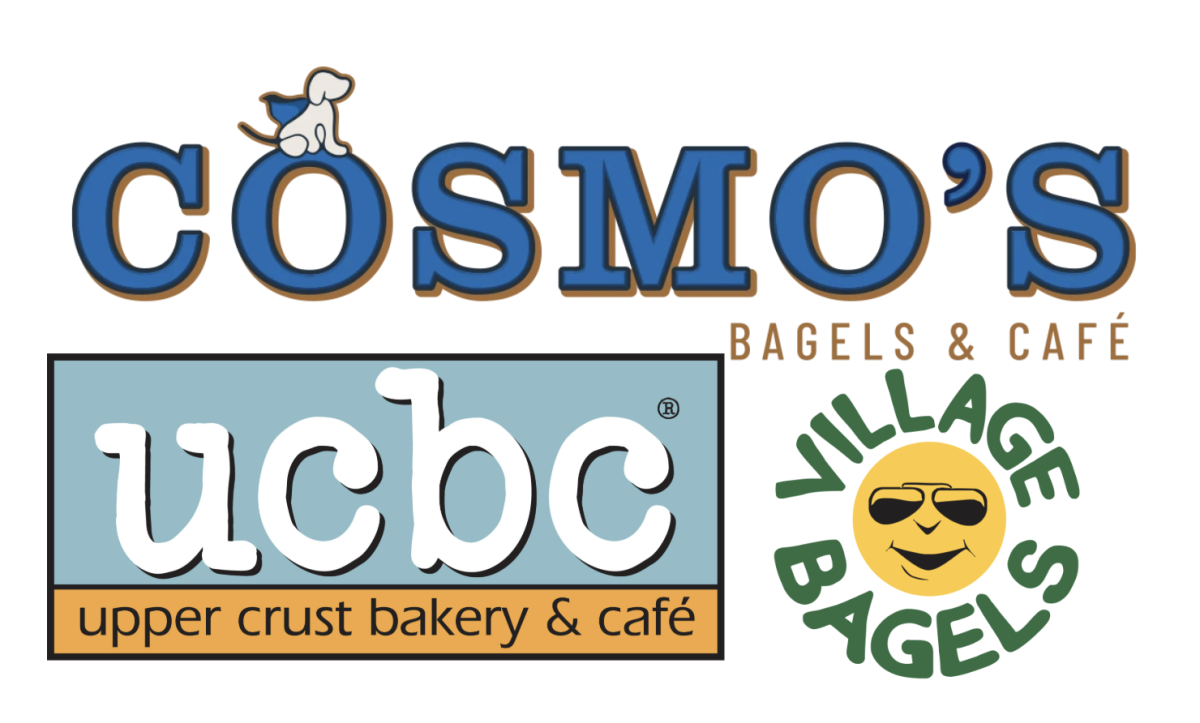The debate on the tipped minimum wage has set off a heated discussion across the country, with advocates for its abolition arguing that it should be scrapped to better worker conditions.
On the other hand, maintaining the system of the tipped minimum wage as it is now is important for striking a balance that favors both businesses and employees. This unusual structure allows restaurants and other tipped industries to flourish on thinner margins, while the employees can earn well above minimum wage through tips.
Tampering with this structure may cause irreparable harm to small businesses and may upend America’s tipping culture.
The system for tipped workers, instituted under the Fair Labor Standards Act (FLSA). Allows employers to pay as low a $2.13 per hour, assuming tips make up the difference to meet the minimum wage.

Critics say that this system has been devalued with inflation, but its merits cannot be discounted. Because of generous tips, tipped employees are regularly earning well above minimum wage in the U.S.
The Department of Labor requires employers to make up the difference when employees’ wages are below the minimum wage level.
This protection helps to counteract the potential unfairness but still enables employers to control labor costs.
Eliminating the tipped minimum wage would raise labor costs for businesses, and particularly in the razor-thin restaurant industry. Evidence from states such as New York and Massachusetts that are considering phasing out tipped wages suggests that smaller establishments cannot take on increased costs and will eventually close.
While DC moved toward a single minimum wage, critics say that it would reduce poverty and inequality among workers receiving tips. According to a report from the Center for American Progress, states that have one minimum wage tend to have lower poverty rates and stronger protections for workers.
While this is convincing, it does not completely account for regional differences in living costs or different natures of tipping.
In addition, studies indicate that restaurants typically respond to higher wages by hiking menu prices, which could discourage customers and eventually reduce the total earning or workers dependent on tips.

Another problem is that the tipping culture gets dissolved: knowing that already workers are earning higher wages, customers will tips less, which could mean a net loss for employees who gain under the present system.
One example of such a middle ground policy solution is President Trump’s policy of not taxing tips, thus enabling workers to retain more of their earnings without over buderning employers.
It is also important to note the requirement to address inequality while defending a system that has worked for decades.
The solution lies not in the dismantling of the tipped minimum wage but enforcing existing laws to ensure that workers receive fair compensation.
Balanced and practical, this stance respects the needs of both employees and employers in an effort to preserve the stability of an industry vital to the U.S. economy.
The tipped minimum wage maintains a structure that enables small businesses to prosper while enabling workers to earn competitive incomes through tips.
Knowing the full implication of this removal, policy makers can avoid consequences that would potentially harm the people they are trying to help.







